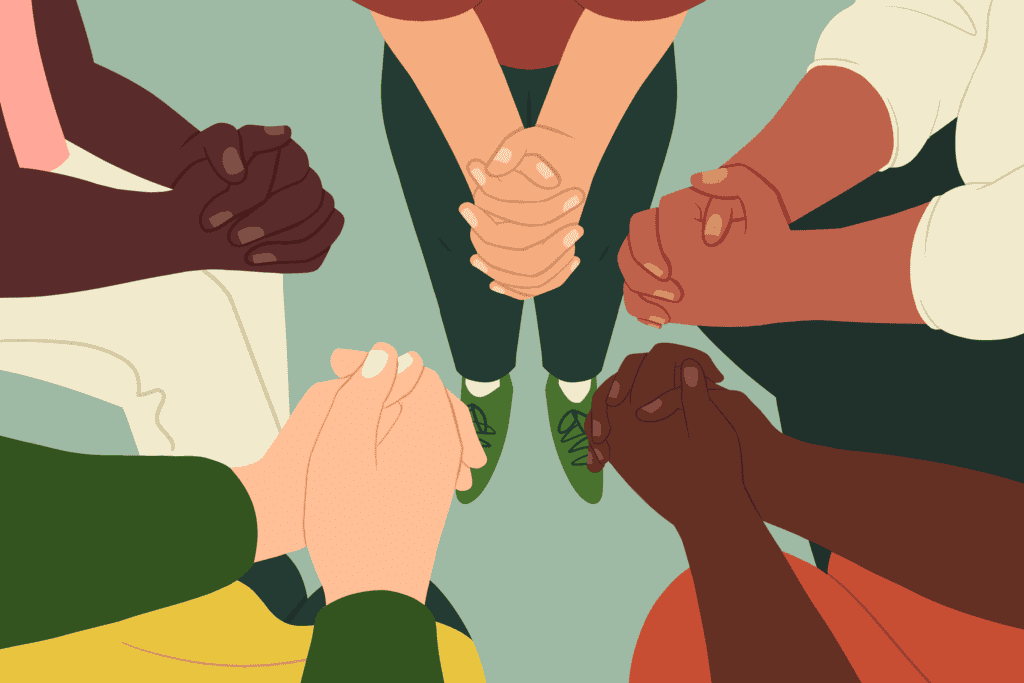- 98143 70700
- info@thehermitage.rehab
- 22, Circular road, Opp. VR Ambarsar, Amritsar
When a patient and his family approach me for the treatment, they are often confused with the amount of time required for the entire process and end up getting more hopeless than hopeful. After a few family sessions, they can comprehend if not accept the gravity of the situation and that in itself gets the ball rolling.
This question is raised so many times in my professional setting that I have lost count. Families come to me with the hope that I can fully transform their loved one with some magical wand and change the way he has behaved throughout his life. While some part of it is true, some of it isn’t.
They are not able to understand why after detox, patients need a long-term rehabilitation program and I do not blame them. If I were at their place, I would have the same questions.
The most common of which is “Why does my patient need rehab when he has been detoxified? Now, that his body is clear, we are sure he won’t do it again. Won’t he?”
And though I would like to not shatter this hope of the family, I can not let them stay oblivious to the fact that their patient indeed is suffering from a disorder that requires complete treatment for the best results.
When the patient undergoes detox, it is just a very basic step to manage his physical withdrawals. Think of it like a plaster around a broken leg, it will keep the patient in a stasis but once the plaster is removed, he has to occupy his leg with various exercises to make it completely functional. Similarly, a structured rehabilitative program is required to train the brain of a patient how to behave, act, think and feel like a functional human being whose solution to every problem is not drugs or alcohol.

Scientifically speaking, our brain is ever-evolving. It keeps on learning new behaviours every day. While the patient has been in a state of continuous psychological pain of taking or not taking drugs, his brain has learned this behaviour and learned how to control his emotions to achieve the end it most deeply desires; getting high.
On the other hand, my patient who is struggling with keeping his addictive behaviour patterns in check with his willpower, goes into the turmoil of excruciating pain guilt and shame once his brain overpowers him and hence, the cycle continues.
He promises he will not do it again but can not help it, because his brain has learned this.
This is where my treatment program enters. Once, I have a patient under the care of my treatment team and I, we’ll start exploring his psychological well-being, his underlying issues, triggers, and family history that can help us navigate our way through which our dearly beloved patient has lost his path. Once all is clear, with the help of counselling, medications and therapies, we help him develop skills and new coping strategies.
Let me tell you this very honestly, breaking old behaviour patterns and creating new structural patterns is not easy, especially when both the patient and his family are in a state of denial.
We have to break every single one of fixed belief systems establish new ones and keep on helping our patients and family to repeat these behaviours until they come as naturally as breathing.
This is what the world refers to as “Neural plasticity”.
Another question that frequently arises is why are regular follow-ups required. If the patient has completed his recovery program and is keeping well, then why is it that the patient needs to come every once in a while to meet the treating team?
The answer to this is quite simple, to refresh what has been learnt so that it is not forgotten or overwhelmed by previously learnt behaviour patterns.
Generally, when a patient comes to me, he has had a history of drug or alcohol abuse for more than 10 years. Now think of it, if on average, let’s say, a patient is five years late to treatment, that makes it up to 1825 days.
These behaviors are so engrained in our being that we act upon them unconsciously and therefore require practice to make them perfect.
Addiction is neither a habit nor it can be changed overnight. Addiction is a disease and it requires as much help as one can get.
WhatsApp us